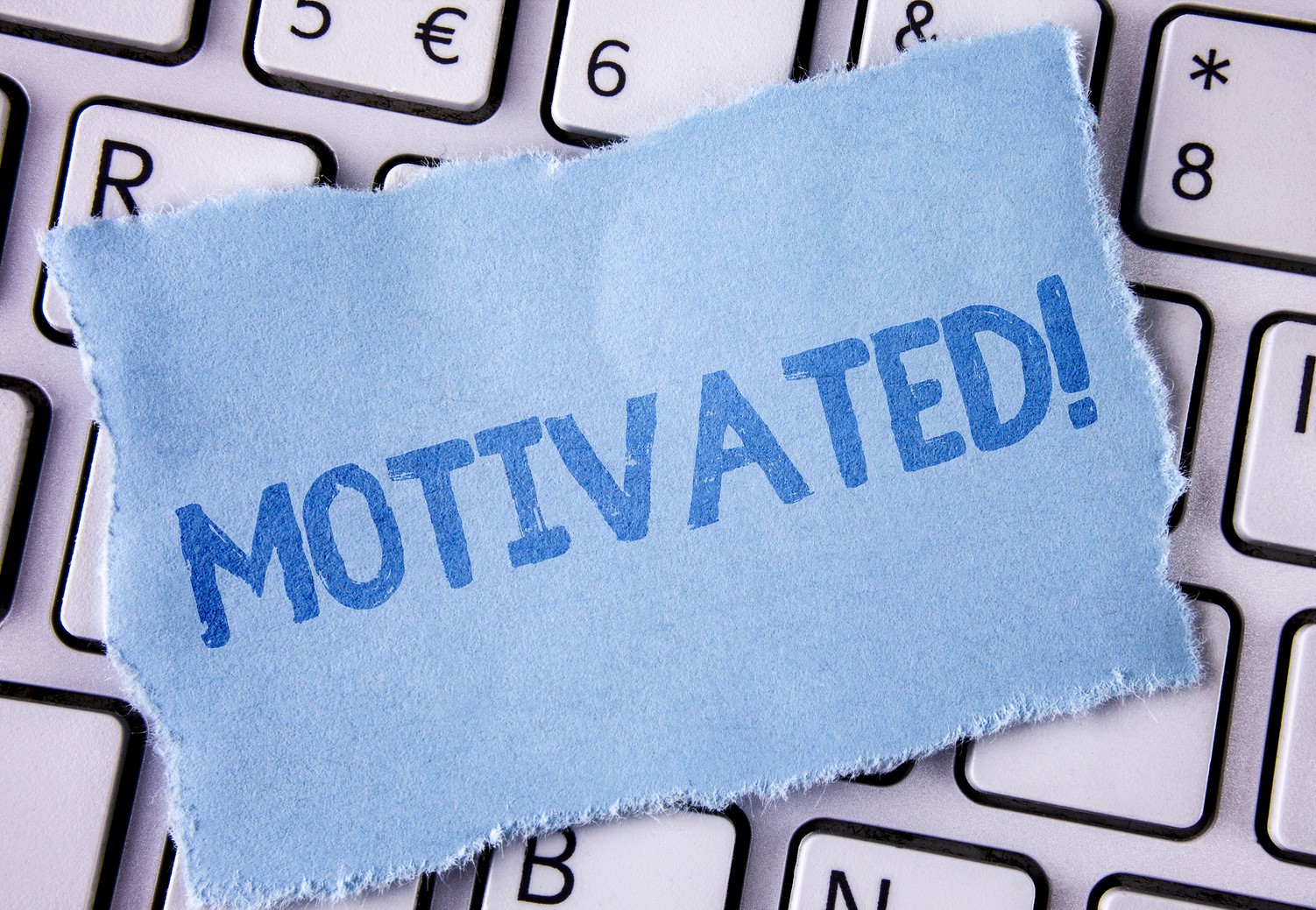Loneliness, a lack of structure, a lack of human interaction and the responsibility of working for yourself can sometimes make it hard to get through the day when you’re a freelancer, particularly if you’re feeling under the weather, a little down, bored or—worst of all – all three.
So, how can you help yourself tackle those not-so-good days?
1. Know where to start
By planning your work schedule, you can make sure that you never hit your desk in the morning wondering what to start on first. By keeping track of deadlines, the hours each project will require and the brainpower they will require (something not to be ignored), you can develop a work schedule that prevents too much work building up at one time and provides a balance of easier and more intensive tasks throughout your day and week. And yes, it will stop you dithering about what to do next!
2. Factor in downtime
It’s safer to always expect the unexpected. A week where you can just about fit in all your work if everything goes to perfection and you’re feeling as chirpy as Tinkerbell and as fit as Mo Farah is not, as you may think, a well-planned week. It’s a week that’s setting you up to fail if as much as one tiny thing goes wrong, runs late, takes longer than expected, doesn’t arrive, does arrive…
Unexpected visitors, mistimed deliveries, unexpected (and unwelcome!) illnesses, sick family members that need your attention; there are so many things that can disrupt your week. So don’t pack your schedule so tightly that there’s no space to breathe if things go wrong. That will just result in panic, late-night working, a lack of sleep, stress and potentially, missed deadlines and lost clients.
None of these are great motivators, and the more stressed you are, the more likely it is that you’ll be paralysed by the feeling you’ll never get everything done, creating a vicious circle.
3. Don’t procrastinate about that task
You know the one I mean. The one you dread because it’s difficult or boring (or both). Spending the whole day or week dreading it will just cast a shadow over everything else you do, and, not to state the obvious, it will still be sitting there waiting for you. So instead of a small period of misery, you’ve delivered yourself a whole week of it by putting that unwelcome task off until Friday afternoon.
Tackle it first, and if you really can’t bear to, give yourself an hour to work on something easier and warm your brain up. Then be firm with yourself! Turn your attention to that ‘frog’ and go for it!
4. Make time your friend, not your enemy
I’m a great advocate of timers and I’m not alone. FlyLady swears by them for her time and home-management system and many people love the Pomodoro system. Timers can motivate you to see how much you can get done in the time you’ve set, help you divide your time between multiple projects, help you track how long you’ve spent on a task and help you make deals with yourself. “I really don’t want to do this, but I can bear to give it my best shot for 30 minutes.” “I’ll do 45 minutes on this, then I’ll have a break.”
It works. They help. And you don’t have to buy a ye olde kitchen timer anymore (unless you want to) or even use an app on your phone (which is probably a good thing; phones can be distracting). There are plenty of timers you can use on your laptop, PC or tablet. Check out Five Free Timer Tools to Keep You Focused for some suggestions.
5. Give yourself a break
Prolonged sitting has been proven to be bad for your health and research also shows our concentration is better if we don’t try to work for too long and take regular short breaks. Not only are breaks good for our body and mind, they’re good for our motivation too. They give us something to look forward to and the chance to stop before we overdo it and go into a concentration slump. If we get up and get moving in our break time, it stimulates our circulation, too, helping to deliver more of that much-needed oxygen to our brain.
A small snack and a drink can help rejuvenate us too; dehydration and erratic blood sugar levels are not friends of razor-sharp though and mental stamina! It’s also a good idea to make sure some of those breaks involve a change of scenery and/or some human interaction. This can revitalise and re-inspire us, and just generally cheer us up, reminding us that while we may work alone, it doesn’t mean we are alone – and that’s one of the best motivators of all!
What motivates (and demotivates) you? Let us know!








Leave a Reply